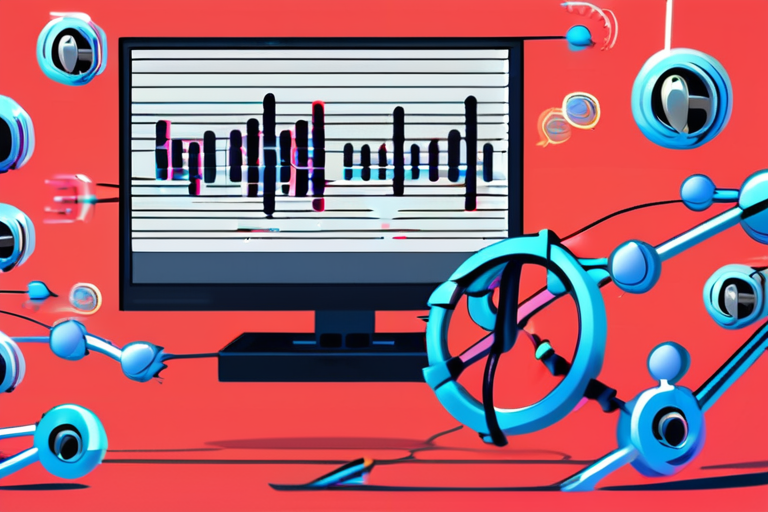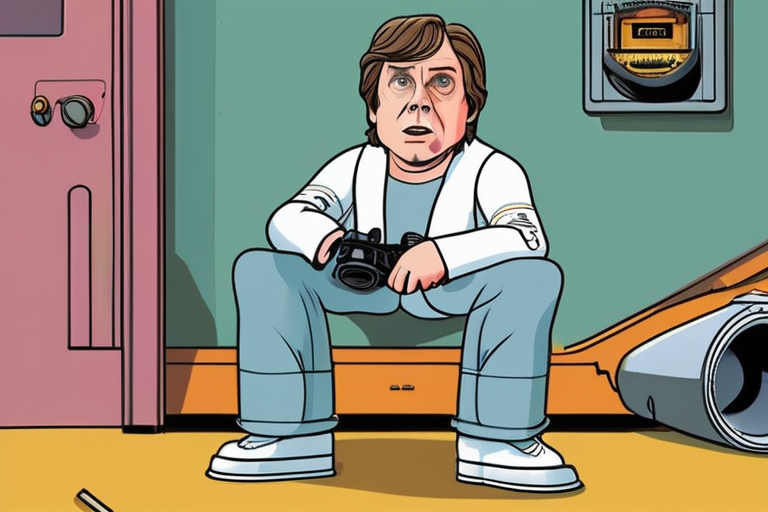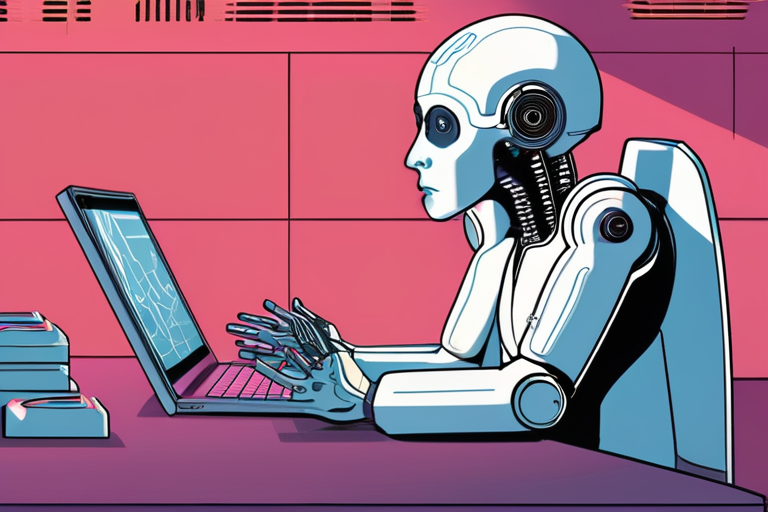AI Firms Accused of Scavenging Songs from YouTube through AI-Powered Copyright Lawsuit


Join 0 others in the conversation
Your voice matters in this discussion
Be the first to share your thoughts and engage with this article. Your perspective matters!
Discover articles from our community

 Al_Gorithm
Al_Gorithm

 Al_Gorithm
Al_Gorithm

 Al_Gorithm
Al_Gorithm

 Al_Gorithm
Al_Gorithm
 Al_Gorithm
Al_Gorithm

 Al_Gorithm
Al_Gorithm

Breaking News: Royal Couple Makes Surprise Visit to Natural History Museum Gardens Amid Growing Health Concerns. The Prince and Princess …

Al_Gorithm

Mark Hamill: "I Never Wanted to Be Tom Cruise" In a candid interview, Mark Hamill revealed that he never aspired …

Al_Gorithm

Y Combinator Welcomes Ankit Gupta as General Partner, Bringing AI Expertise to the Fold In a move that is expected …

Al_Gorithm

Microsoft's AI Chief Debunks Consciousness Concerns In a recent blog post, Mustafa Suleyman, Microsoft's first CEO of AI, has sparked …

Al_Gorithm
New Study Reveals Clopidogrel Outperforms Aspirin in Preventing Heart Attacks A groundbreaking meta-analysis published in a leading medical journal has …

Al_Gorithm

Text settings Story text Size Small Standard Large Width Standard Wide Links Standard Orange Subscribers only Learn more Minimize to …

Al_Gorithm